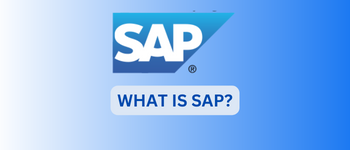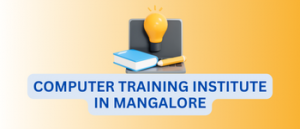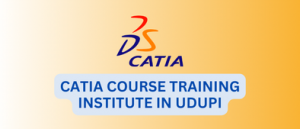Ultimate Guide to SAP: Systems, Applications & Products in Data Processing
What is SAP?
SAP stands for Systems, Applications & Products in Data Processing
SAP is a global leader in producing software for business process management. Their solutions aid in the efficient processing of data and the seamless flow of information within organizations and multinational companies.

Why SAP is needed & Where it is used?
History of SAP
SAP was introduced in 1972 by 5 ex-employees of IBM, and its headquarters is located in Germany. SAP is present in more than 80 countries, with over 1 lakh employees worldwide. More than 80% of Fortune 500 companies have implemented SAP, and 65% of the GDP touches SAP applications. Additionally, SAP has a branch in Bangalore.

The turnover of SAP is massive and can be compared to companies such as Google and Apple. The global SAP Application Services Market will turnover US$ 35040.
SAP has two primary structures: technical and functional modules. Technical modules such as SAP ABAP and SAP BASIS are suitable for persons with an IT, engineering, or computer science background. On the other hand, individuals with a B.COM, M.COM, MBA, or graduate degree can handle the functional module. Technical work is related to coding or backend operations, while functional modules describe SAP’s front-end operations.
Learning SAP can provide graduates and freshers with opportunities for career advancement. Adding SAP knowledge to their resumes can increase their chances of being hired by a company. Completing an SAP module while interning can be particularly advantageous as it can lead to significant professional development.
Freshers can expect to earn between 3-6 lakhs annually, while experienced workers can earn between 6-25 lakhs.
In summary, SAP is a most trusted ERP software system used among the top multi operational companies. Getting into the SAP sector is not difficult. With right guidance, practical skills one can build their career in SAP.
If you’re interested in SAP modules, our institute can provide both online and offline training. Our key areas of focus include financial accounting, controlling, sales and distribution, production planning, and material management. We offer training for these modules.
For more information, please explore the course details.
Here we complete the guide to SAP.




